Nature reports
Page 9 of 70 - 696 Results
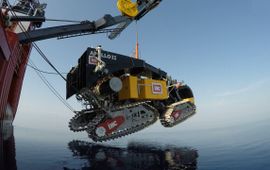
'Dust clouds' at the bottom of the deep sea, that will be created by deep-sea mining activities, descend at a short distance for the biggest part. That is shown by PhD research of NIOZ marine geologist Sabine Haalboom, on the..
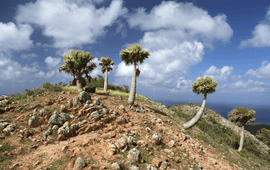
Recent genetic studies on the Dutch Caribbean native palm species, specifically Sabal antillensis in Curaçao and Sabal lougheediana in Bonaire, have provided crucial insights that confirm these two species are endemic for their..
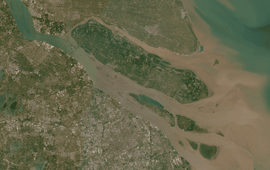
To preserve the important intertidal areas and salt marshes off our coasts for the future, we need more turbid water. That is one of the striking conclusions from a new study conducted by a Dutch-Chinese team of researchers and..
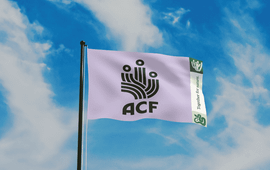
On Arpil 22nd, the independent nature conservation organization formerly known as Fundacion Parke Nacional Aruba (FPNA) used the occasion of global Earth Day to reveal its transformation to the Aruba Conservation Foundation..
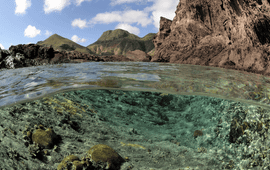
The Saba Bank National Park was recently the focus of an innovative habitat mapping study. Mapping habitat types is key for environmental management, conservation and research efforts, as well as understanding long-term changes...
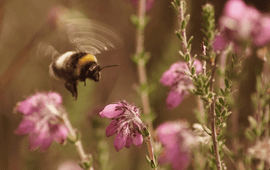
The Dutch landscape is losing plant species that rely on pollination by insects, while plants pollinated by wind are proportionally increasing. Leiden environmental scientist Kaixuan Pan demonstrates this after analysing 87 years..
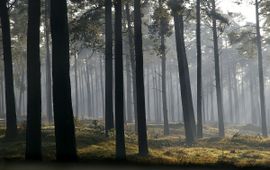
Climate change has an effect on forests and trees. They suffer from heatwaves and periods of drought. Although we see tree mortality increase as a result, much is still unknown about the underlying mechanisms. ..
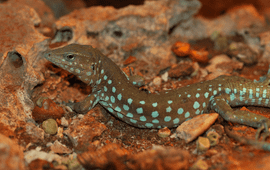
Aruba, Bonaire, and Curaçao are home to unique ecosystems that include several species of lizards not found anywhere else in the world. Among these are three endemic species: the Aruba Whiptail, the Bonaire Whiptail, and the..
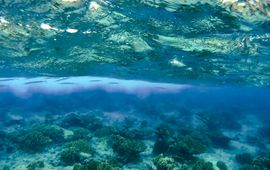
Fish and invertebrate animals are far more affected by warmer and more acidic seawater than previously known. This is the conclusion of a study co-led by NIOZ marine biologist Katharina Alter, based on a new analysis method and..
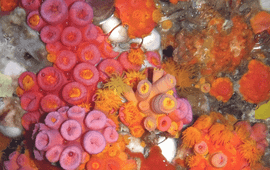
Coral ecosystems are susceptible to invasive species, that can wreak havoc on the balanced communities. Such species can be transported unintentionally by marine structures, as is demonstrated by research on a platform which was..
